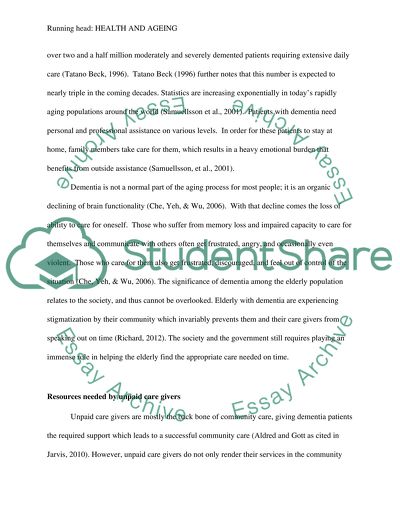Cite this document
(“The Difficult Ones: Caring for Patients with Dementia Essay”, n.d.)
The Difficult Ones: Caring for Patients with Dementia Essay. Retrieved from https://studentshare.org/nursing/1483120-the-difficult-ones-caring-for-patients-with-dementia
The Difficult Ones: Caring for Patients with Dementia Essay. Retrieved from https://studentshare.org/nursing/1483120-the-difficult-ones-caring-for-patients-with-dementia
(The Difficult Ones: Caring for Patients With Dementia Essay)
The Difficult Ones: Caring for Patients With Dementia Essay. https://studentshare.org/nursing/1483120-the-difficult-ones-caring-for-patients-with-dementia.
The Difficult Ones: Caring for Patients With Dementia Essay. https://studentshare.org/nursing/1483120-the-difficult-ones-caring-for-patients-with-dementia.
“The Difficult Ones: Caring for Patients With Dementia Essay”, n.d. https://studentshare.org/nursing/1483120-the-difficult-ones-caring-for-patients-with-dementia.


